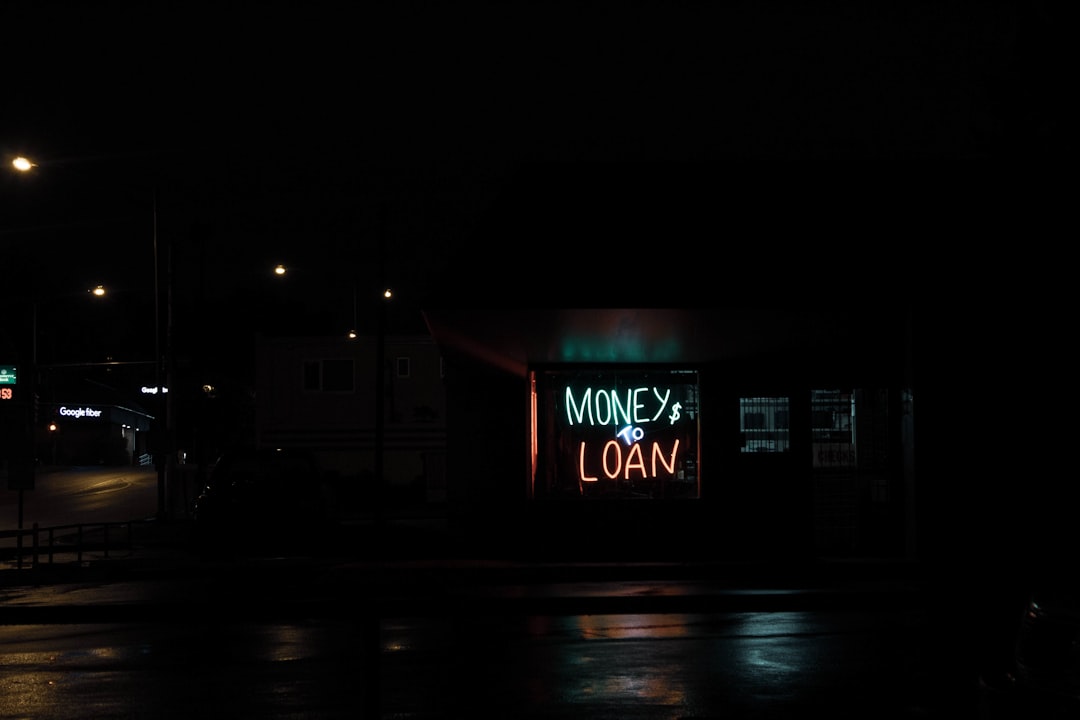Secured consolidation loans offer individuals a popular solution for managing multiple high-interest debts by combining them into one manageable payment. Backed by collateral like real estate or personal assets, these loans reduce lender risk, enabling competitive interest rates and terms. While they provide stress relief and improve credit scores over time, borrowers must be aware of significant financial commitment and potential loss of collateral upon default. Bad credit individuals can access these loans to regain financial stability through structured debt management.
“Bad credit debt consolidation loans offer a potential pathway to financial stability, but understanding the eligibility criteria is vital. This article guides you through the essentials of secured consolidation loans, focusing on bad credit requirements and the role of collateral. We’ll explore how these loans streamline repayments for debtors while examining lenders’ risk mitigation strategies. By delving into these aspects, you’ll gain insights into securing approval and managing debt effectively.”
- Understanding Secured Consolidation Loans
- Bad Credit: Key Requirements & Criteria
- Securing Collateral for Loan Approval
- Debtor Benefits: Streamlining Repayments
- Risk Mitigation: Lender Perspectives
Understanding Secured Consolidation Loans

Secured consolidation loans are a popular option for individuals dealing with multiple high-interest debts. These loans offer a straightforward solution by combining all outstanding debt into one manageable payment, simplifying financial management. The security aspect comes into play when the lender requires collateral, often in the form of real estate or personal assets. This approach reduces risk for the lender, allowing them to offer competitive interest rates and terms.
For borrowers, secured consolidation loans can provide relief from the stress of multiple payments by lowering monthly expenses and potentially improving credit scores over time. However, it’s crucial to understand that this type of loan is a significant financial commitment, and the potential loss of collateral if repayment fails should be carefully considered.
Bad Credit: Key Requirements & Criteria

Bad credit debt consolidation loans are designed for individuals who have struggled with managing their debts and need a fresh start. When it comes to bad credit, lenders typically look for specific key requirements and criteria before approving any loan application. These include a thorough check of an applicant’s credit history and score. Lenders will assess the extent of the borrower’s financial challenges and whether they can demonstrate the ability to repay the consolidated debt on time.
Secured consolidation loans are often more accessible to those with bad credit as they require collateral, usually in the form of a savings account or a property. This provides lenders with a safety net, making them more willing to extend credit despite the borrower’s low credit score. Other factors considered include income stability and employment history, as these indicate the applicant’s capacity to repay the loan. Lenders may also look at the types of debts the individual has and their overall debt-to-income ratio to ensure the consolidation is a viable solution for improving financial health.
Securing Collateral for Loan Approval

Many lenders require some form of collateral when offering debt consolidation loans, especially for those with bad credit. This is because securing a loan against an asset provides the lender with a safety net in case of default. Secured consolidation loans are often seen as a more favorable option for borrowers as it can lead to lower interest rates and more flexible repayment terms.
Collateral can be in various forms, such as real estate, vehicles, or even savings accounts. The value of the collateral must typically exceed the loan amount, providing adequate security for the lender. This practice is common among bad credit lenders who may have stricter eligibility criteria to mitigate risks. By securing a loan, borrowers with poor credit history can still access debt consolidation opportunities, helping them regain financial stability.
Debtor Benefits: Streamlining Repayments

Debtors looking to consolidate their debts can find significant advantages in opting for secured consolidation loans. One of the key benefits is the streamlining of repayment processes. With this loan type, multiple outstanding debts are combined into a single, more manageable payment schedule. This simplification not only reduces administrative burdens but also allows debtors to focus on making consistent payments towards their principal and interest.
Secured consolidation loans offer a structured approach to debt management by grouping diverse debts under one roof. As a result, debtors can bid farewell to the hassle of tracking multiple due dates and varying interest rates. This streamlined method enhances financial organization, enabling individuals to regain control over their finances and work towards achieving long-term monetary stability.
Risk Mitigation: Lender Perspectives

Lenders offering bad credit debt consolidation loans take on a significant risk, especially when dealing with borrowers who have struggled with their financial obligations in the past. To mitigate this risk, they carefully assess several factors before approving any loan. Secured consolidation loans are a popular option as they provide lenders with an additional layer of protection. These loans are typically backed by an asset, such as a car or property, which serves as collateral. If the borrower defaults on their repayment, the lender has the legal right to seize and sell this asset to recover their losses.
From a lender’s perspective, secured consolidation loans offer a more favorable risk-reward ratio compared to unsecured loans. The collateral reduces the likelihood of non-payment, making it easier for lenders to manage potential losses. This approach also allows borrowers with lower credit scores to gain access to debt consolidation options that might otherwise be unavailable. As such, both parties can benefit from this arrangement, fostering a more inclusive and accessible lending environment despite the borrower’s historical credit challenges.
When considering a secured debt consolidation loan for bad credit, understanding the eligibility criteria is key. This option allows borrowers to streamline repayments and potentially reduce interest rates by combining multiple debts into one manageable loan. Lenders typically require collateral, such as a house or car, to secure the loan, mitigating risk. While it offers benefits, borrowers must be aware of the risks involved and ensure they meet specific criteria, including credit score requirements and debt-to-income ratios. Secured consolidation loans can provide a path to financial stability, but careful consideration and preparation are essential before applying.
